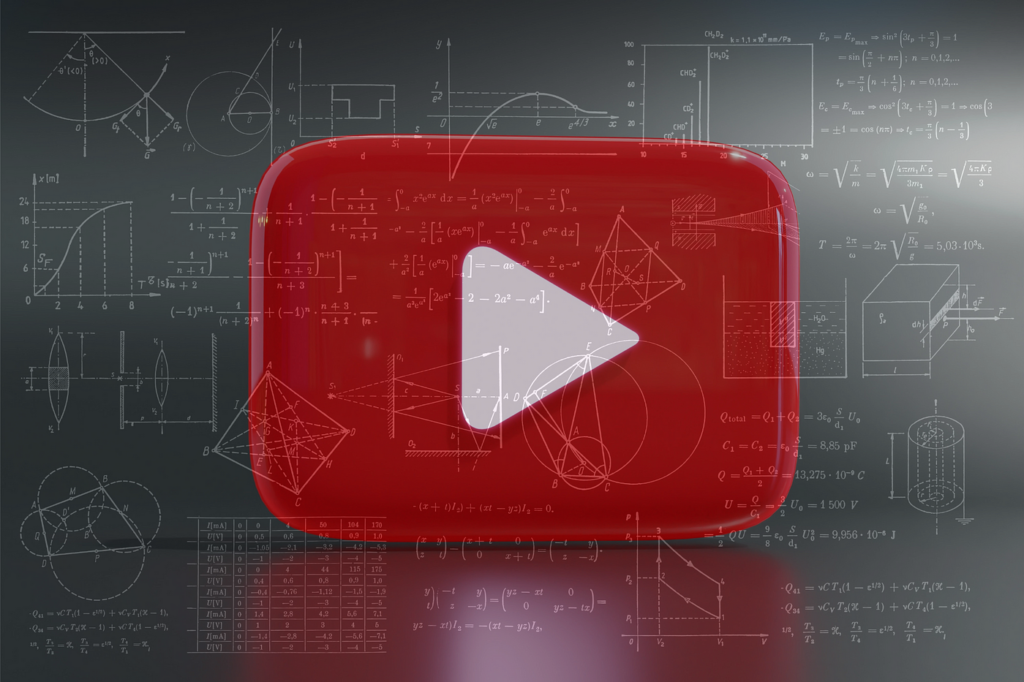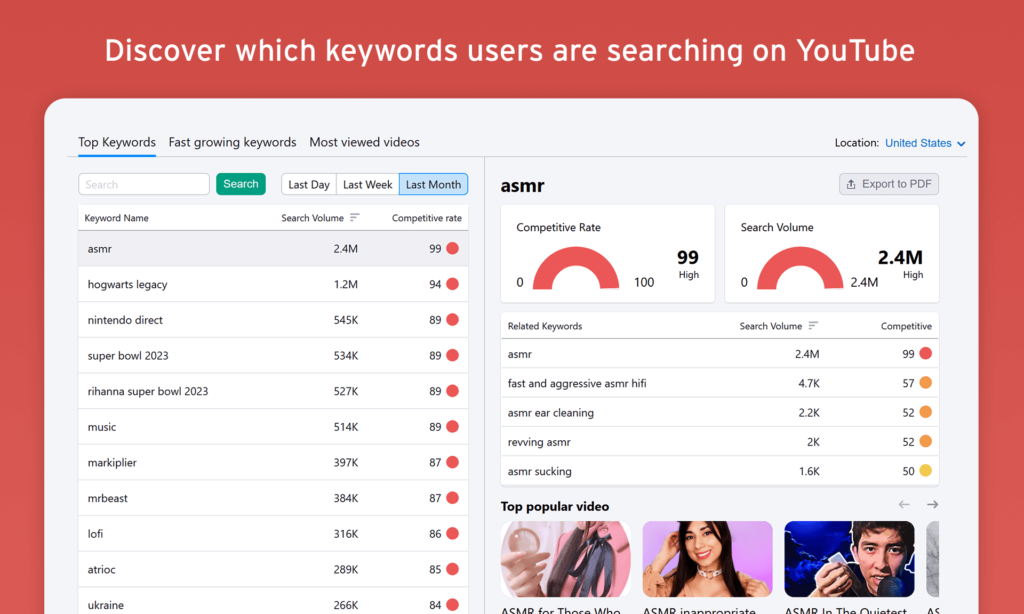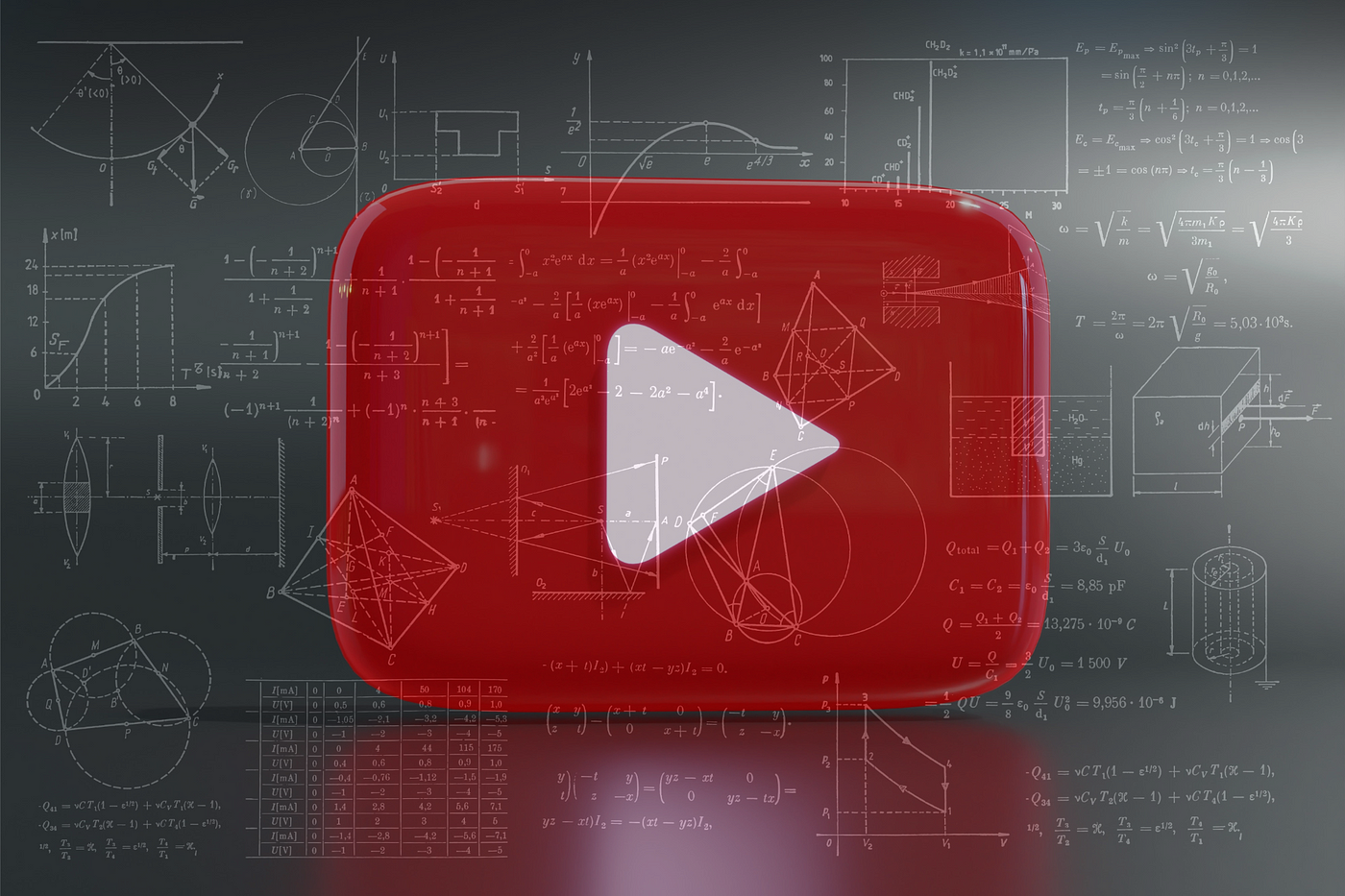Introduction to YouTube SEO
YouTube SEO (Search Engine Optimization) is a crucial component in growing your YouTube channel. It’s not just about creating great content; it’s about making sure your content gets discovered. With millions of videos uploaded daily, good SEO practices, especially SEO for YouTube channels, can help your videos stand out and reach a broader audience.
Understanding YouTube’s Algorithm
YouTube’s algorithm is designed to recommend videos that viewers are likely to enjoy and engage with. It considers factors like watch time, engagement (likes, comments, shares), and relevance. Understanding how this algorithm works can help you tailor your content to meet these criteria, boosting your video’s visibility.

Keyword Research for YouTube
Importance of Keywords
Keywords help YouTube understand what your video is about. When users search for content, YouTube matches their queries with the most relevant videos based on keywords.
Tools for Keyword Research
There are several tools available for YouTube keyword research, including:
How to Choose the Right Keywords
Select keywords that are relevant to your content and have a good search volume. Long-tail keywords can be particularly effective as they are less competitive.

Optimizing Video Titles
Crafting Compelling Titles
Your video title is the first thing viewers see, so it needs to be compelling. Use clear, descriptive titles that include your primary keyword.
Including Keywords in Titles
Place your main keyword at the beginning of the title to ensure it’s easily visible and catches the algorithm’s attention.
Writing Effective Descriptions
Importance of Video Descriptions
Descriptions provide context for your video and help YouTube’s algorithm understand its content. They also give you an opportunity to include additional keywords.
How to Write SEO-Friendly Descriptions
Write detailed descriptions that summarize the video content and naturally incorporate keywords. Use the first few lines to hook viewers and include relevant links or calls to action.
Tagging Your Videos
How Tags Work on YouTube
Tags help categorize your video and make it easier for YouTube to recommend it to users interested in similar content.
Best Practices for Tagging
Use a mix of broad and specific tags. Include keywords and variations to cover different search terms.
Creating Engaging Thumbnails
The Role of Thumbnails in SEO
Thumbnails are a visual representation of your video and play a significant role in attracting clicks. An engaging thumbnail can significantly increase your video’s click-through rate (CTR).
Tips for Creating Eye-Catching Thumbnails
Use bright colors, clear images, and minimal text. Ensure your thumbnail accurately represents the video content to avoid misleading viewers.
Utilizing Closed Captions and Subtitles
Benefits of Closed Captions
Closed captions make your videos accessible to a wider audience, including those who are deaf or hard of hearing. They also provide additional text for YouTube’s algorithm to analyze.
How to Add Subtitles to Your Videos
You can add subtitles manually through YouTube’s subtitle editor or use automated services. Ensure they are accurate to maintain viewer trust.
Encouraging Engagement
Importance of Likes, Comments, and Shares
Engagement signals to YouTube that your content is valuable and relevant. More likes, comments, and shares can improve your video’s ranking.
Strategies to Boost Engagement
Ask questions, encourage viewers to comment, and interact with your audience by responding to comments. Running contests or giveaways can also boost engagement.
Playlist Creation and Optimization
Why Playlists Matter
Playlists help organize your content and keep viewers on your channel longer, increasing watch time and improving SEO.
How to Optimize Playlists for SEO
Create themed playlists and include relevant keywords in the titles and descriptions. Arrange videos in a logical order to keep viewers engaged.
Promoting Videos on Social Media
Leveraging Social Media for Views
Sharing your videos on social media platforms can drive additional traffic and engagement. Each platform has its unique audience, so tailor your promotion strategies accordingly.
Best Platforms for Video Promotion
Focus on platforms where your target audience is most active, such as Facebook, Instagram, Twitter, and Reddit. Join relevant groups and communities to share your content.
Analyzing and Understanding Analytics
Key Metrics to Track
Important metrics include watch time, average view duration, engagement (likes, comments, shares), and click-through rate (CTR). These metrics provide insights into how viewers interact with your content.
How to Use Analytics to Improve SEO
Regularly review your analytics to identify trends and areas for improvement. Adjust your content strategy based on what works best for your audience.
Consistency and Regular Uploads
The Impact of Consistency on SEO
Consistently uploading videos keeps your audience engaged and signals to YouTube that your channel is active. This can improve your channel’s visibility.
Tips for Maintaining a Regular Upload Schedule
Create a content calendar, plan your videos in advance, and stick to a regular upload schedule. Inform your audience about your schedule to set expectations.
Collaborating with Other YouTubers
Benefits of Collaboration
Collaborating with other YouTubers can expose your channel to a new audience, increase subscribers, and boost engagement.
How to Choose the Right Collaborators
Look for collaborators whose audience aligns with your target demographic. Ensure that the collaboration is mutually beneficial and aligns with your content style.
Conclusion
Incorporating SEO strategies into your YouTube channel can significantly enhance your visibility and growth. From keyword research to engaging thumbnails and consistent uploads, every aspect plays a crucial role in boosting your channel’s performance. Start implementing these strategies today and watch your channel thrive.
FAQs
What is the best tool for YouTube keyword research?
Tools like TubeBuddy and VidIQ are excellent for YouTube keyword research as they offer insights into search volume and competition.
How often should I upload videos to boost SEO?
Consistency is key. Aim to upload at least once a week to keep your audience engaged and signal to YouTube that your channel is active.
Can I change video tags after publishing?
Yes, you can update tags anytime. However, it’s best to do thorough keyword research initially to avoid frequent changes.
How do collaborations affect my channel’s SEO?
Collaborations can increase your channel’s visibility, attract new subscribers, and boost engagement, positively impacting your SEO.
What are the most important metrics to track in YouTube Analytics?
Key metrics include watch time, average view duration, engagement (likes, comments, shares), and click-through rate (CTR).






